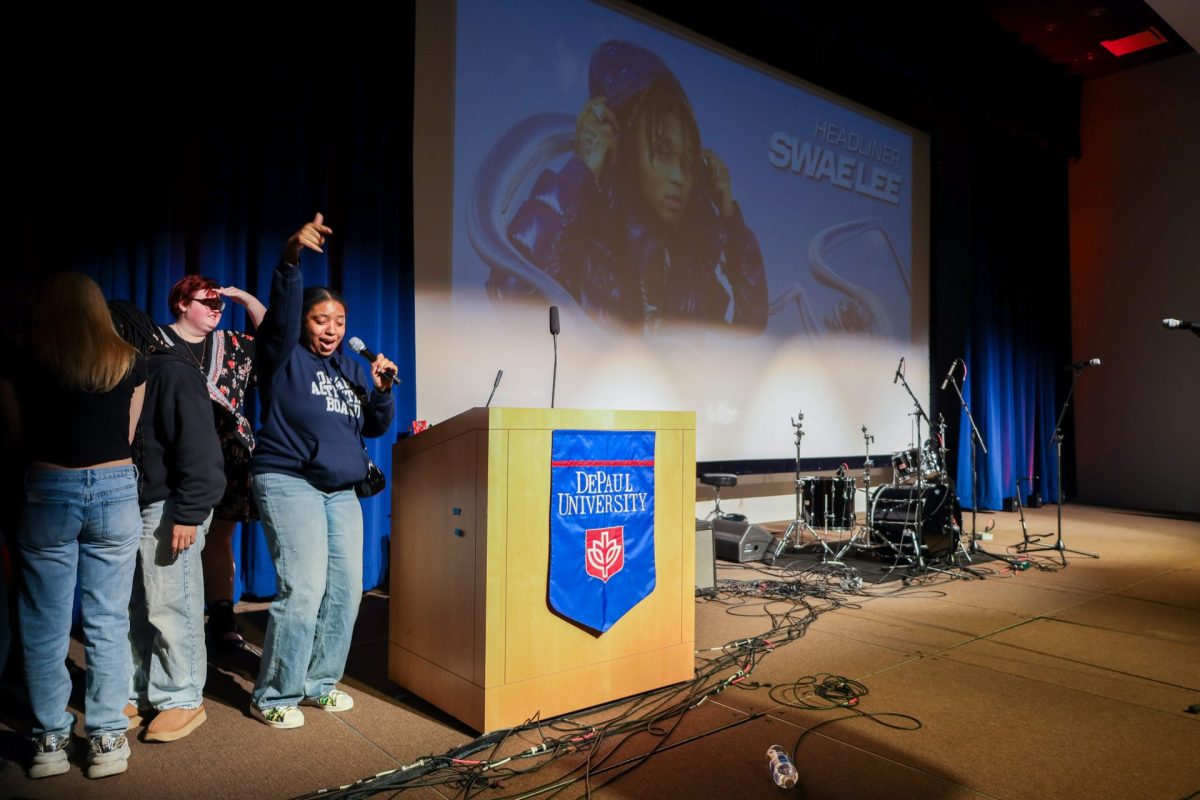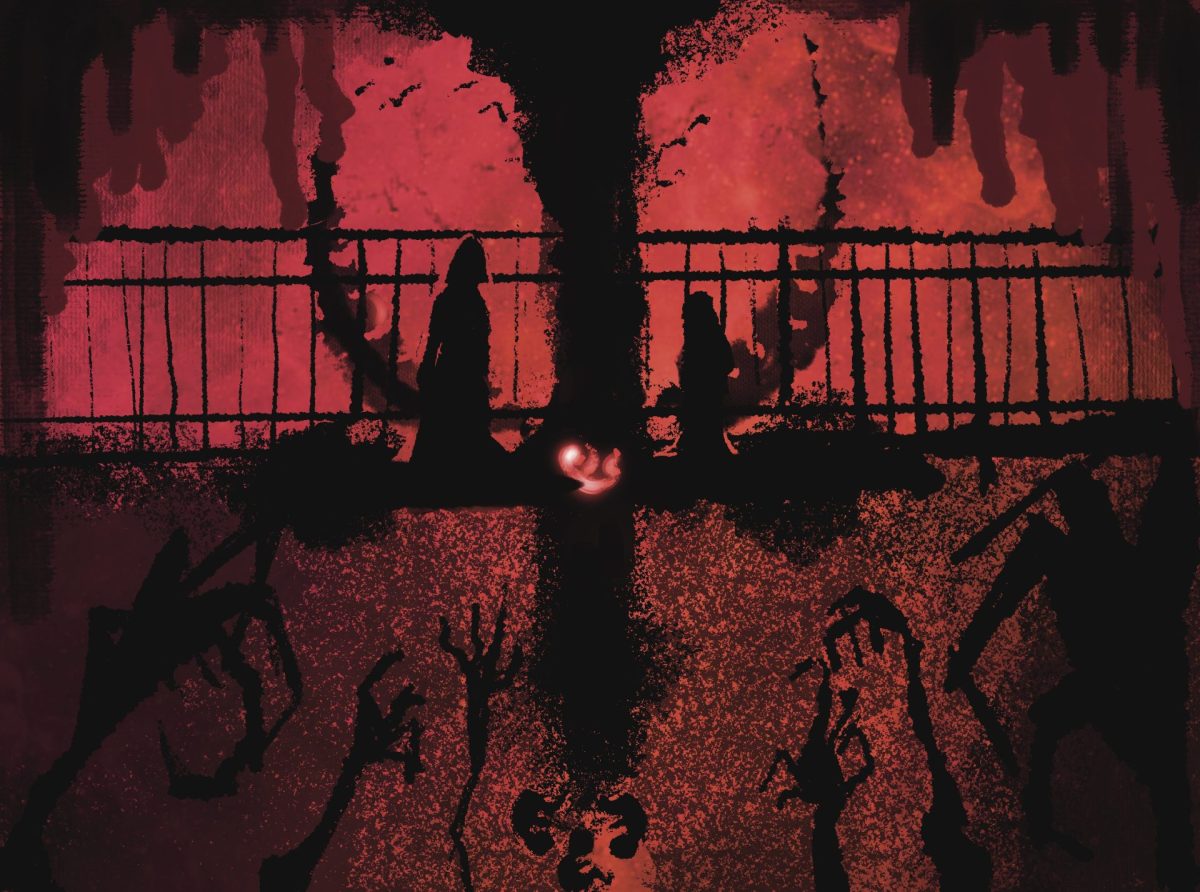One of the first recording artists to ever receive a “Parental Advisory” warning is going soft. Funk legend Prince announced earlier this month that he will no longer be using swear words in his music, the same words so prominently featured in much of his catalogue throughout the past 30 years. The singer behind songs such as “Erotic City” and “Sexy M.F.” made the announcement in an interview with Essence Magazine. Referring to R&B and soul artists Janelle Monae, Lianne La Havas and Marsha Ambrosius, Prince said, “They’re all my sisters. We shouldn’t curse at them. We need to treat all of them, and all people, like royalty.” The 55-year-old is definitely on to something.
Prince stated that respect for women was a primary reason why he would no longer make use of colorful language. In an era where comedians like Amy Schumer are television stars, it’s hard to say that women can’t handle it or haven’t heard it before.
“Did you ever hear Muhammad Ali curse?” the artist asked in the interview that hit tablets and newsstands May 9. Truthfully no, but Ali did nearly blind a man on live television in “The Thrilla in Manilla.”
This announcement is the latest stunt for the artist who once changed his name to a symbol. Last September, the singer released his new single

“Breakfast Can Wait,” with cover art featuring none other than Dave Chappelle as Prince. The move was evidence that the artist has more than a sense of humor, but a keen ability to stay relevant over three decades after the release of his first platinum album. The announcement is quite possibly another well calculated move in bringing Prince back to the forefront.
It was 1984’s hit record “Purple Rain” that first earned the singer a government-issued warning sticker on all physical copies sold. The decision to no longer use coarse language leaves fans to wonder if these classics will still be featured at all in the singer’s legendary live performances. With a 30th anniversary edition of the record expected later this year, it also remains to be seen if the songs will make the cut or receive a proper bleeping.
Radio DePaul student general manager Joe Lanzerotti is an avid Prince fan, but finds that college audiences are less interested in the artist.
“I don’t think that college students listen to Prince because he isn’t indie enough to interest them and he isn’t mainstream enough to get blasted out over the radio or on TV when his new albums come out,” Lanzerotti said.
“Really, his image has always been a hyper-sexualized otherworldly rock star. I’ll be a bit disappointed if he tones everything about his style and performances down to be more family-friendly and safe,” he added.
Prince is not the only artist to speak out about explicit language. Pop star Nicki Minaj came under fire in 2012 for the coarse lyrics she used in heavily rotated songs like “Superbass” and “Starships.” Critics complained that too much of Minaj’s work was being consumed by children. The 31-year-old responded that she would not stop cursing, but did not approve of her uncensored music being played for kids. The singer stated that she wouldn’t even let her younger brother hear the original versions of her songs.
DePaul communication professor Daniel Makagon has been studying popular culture and music his entire academic career and points to Prince’s past as a way of understanding the recent push toward clean lyrics.
“Prince has always been an artist who has wrestled with how he represents himself,” Makagon said. “This is a public return to the angelic Prince, but the devil will feature again; he always does.”





![DePaul sophomore Greta Atilano helps a young Pretty Cool Ice Cream customer pick out an ice cream flavor on Friday, April 19, 2024. Its the perfect job for a college student,” Atilano said. “I started working here my freshman year. I always try to work for small businesses [and] putting back into the community. Of course, interacting with kids is a lot of fun too.](https://depauliaonline.com/wp-content/uploads/2024/04/ONLINE_1-IceCream-1200x800.jpg)




